PATHOLOGIES AND DYSFUNCTIONS OF DEMOCRACY IN THE MEDIA CONTEXT – 1ST VOLUME
In the last decade, from a communicative point of view, a lot of novelties and changes shaped the traditional public sphere, Donald Trump’s election in the United States of America, the Brexits, the rising of the several xenophobic and ultra-nationalist threats emerging in different geographical and political contexts, the populism phenomena, as well as the te debate on Cyber surveillance, counter-information, and the so-called “fake news” has drawn attention to some dystopian portrays conceived in the 20th Century which is now being considered an appropriate depiction of democracy and political communication’s new pathologies. The book joins together researchers from Communication Sciences and related areas (Political Science, Political Theory, Political Philosophy, Political Sociology, Arts, and others), with particular emphasis on those interested in political communication around a unifying common axis: the pathologies and dysfunctions of democracy, in media contexts, in different aspects of their involvement with the media such as the media representation of these pathologies and dysfunctions; the impact of the media in the functioning of democratic institutions; the interference of political agents in journalistic information; the relationship between media and political institutions in the processes of public opinion building. Particularly, on this volume one addresses to the topic of surveillance. Within digital social networks and infotainment, invisibility, the right to be forgotten, and the reserve of a private life acquire an almost subversive nature in an age defined by hiper-communication. Simultaneously, the media staging of power mobilizes protagonists to a reality in which rationality and public responsibility are confronted with multiple risks of scandal arising from a permanent state of collective scrutiny. “Scandalogy” is a concept already used to project the study of image crisis’ phenomena, increasingly emerging due to the opportunities of political exposure.
AUTORES / EDITORES
COLEÇÃO
ANO DA EDIÇÃO
ISBN











